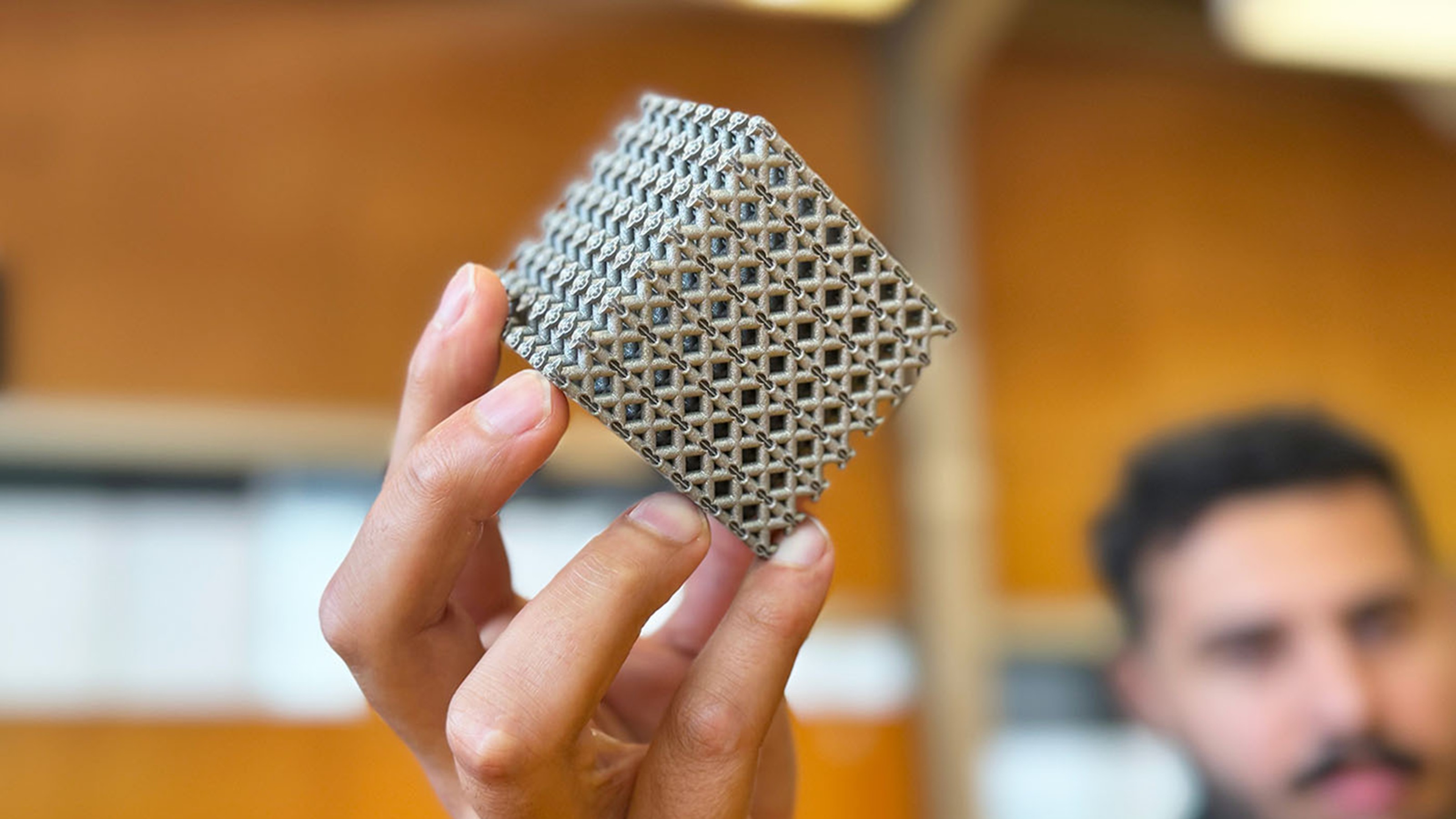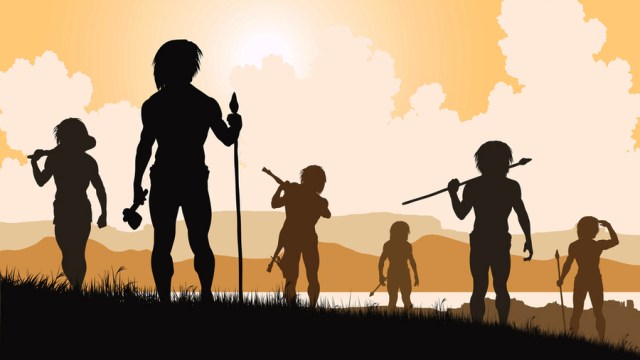Behind Putin’s Potemkin Village

We’re one week into the 2014 Winter Olympics and the international spotlight continues to shine on Russia, a moment in the sun that Russian President Vladimir V. Putin welcomed when Sochi was selected as the host city in 2007.
“This is, without a doubt not only a recognition of Russia’s achievements in sports, it is, there is no doubt, an assessment of our country,” he said at the time.
So let’s assess. How does the country compare to, say, the Soviet Union that hosted the 1980 Summer Olympics?
According to Masha Gessen, a longtime activist journalist in Russia who recently moved to the U.S. in light of Russia’s ongoing crackdown on the LGBT community, to call Putin’s Russia more repressive than the Soviet Union would be overstating the case. After all, in 1980 the borders were closed.
While the Russia of today is considerably freer, Putin has also instituted a brutal crackdown on political opponents, separatists in Chechnya and Dagestan, journalists, migrants and the LGBT community.
Putin has taken over the media, dismantled the electoral system and, in response to public protests that started two years ago, silenced dissent by issuing “unbelievably harsh sentences” to political opponents, Gessen says. One notorious example was the persecution of members of Pussy Riot, a punk rock/performance art group whose crime was “lip-synching and playing air guitar for 45 seconds,” Gessen says.
While Putin has released some political prisoners, including members of Pussy Riot, the release itself was a kind of de facto acknowledgement of the corruption and the repressiveness of Russia’s political and justice system. Nonetheless, Putin’s $50 billion Olympic show has succeeded in changing the conversation: anyone in Russia who did not like the opening ceremony was seen as an unpatriotic Grinch.
Indeed, for all of the complaints about Russia’s lack of preparedness for the games, Putin has shown impressive savvy in his ability to mask the reality of Russia’s stagnant economy, weak legal system and stunted democracy. In this sense, the Olympic grounds at Sochi can be seen as one big Potemkin Village – a fake settlement designed to impress foreigners and the Russian public alike. And then, when the games are over, and the attention of the world turns away from Russia, Putin will have the liberty to act like Putin again, knowing that he has succeeded in pulling the wool over everyone’s eyes.
However, Gessen gives us an up close view of what’s really going on inside Russia in her new book Words Will Break Cement: The Passion of Pussy Riot
Listen to the podcast here:
Click here to listen on your iphone or ipad
Image courtesy of Shutterstock





